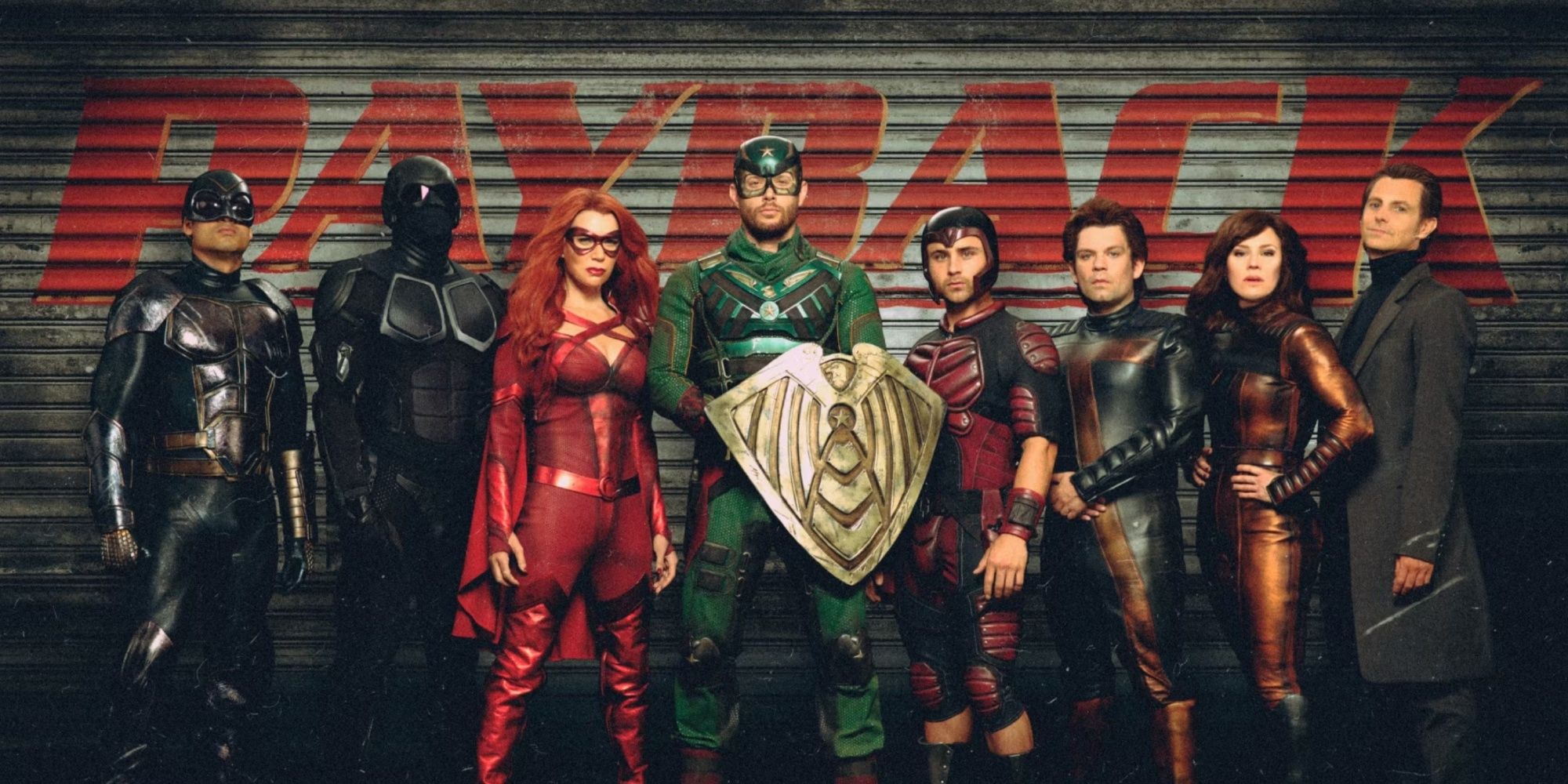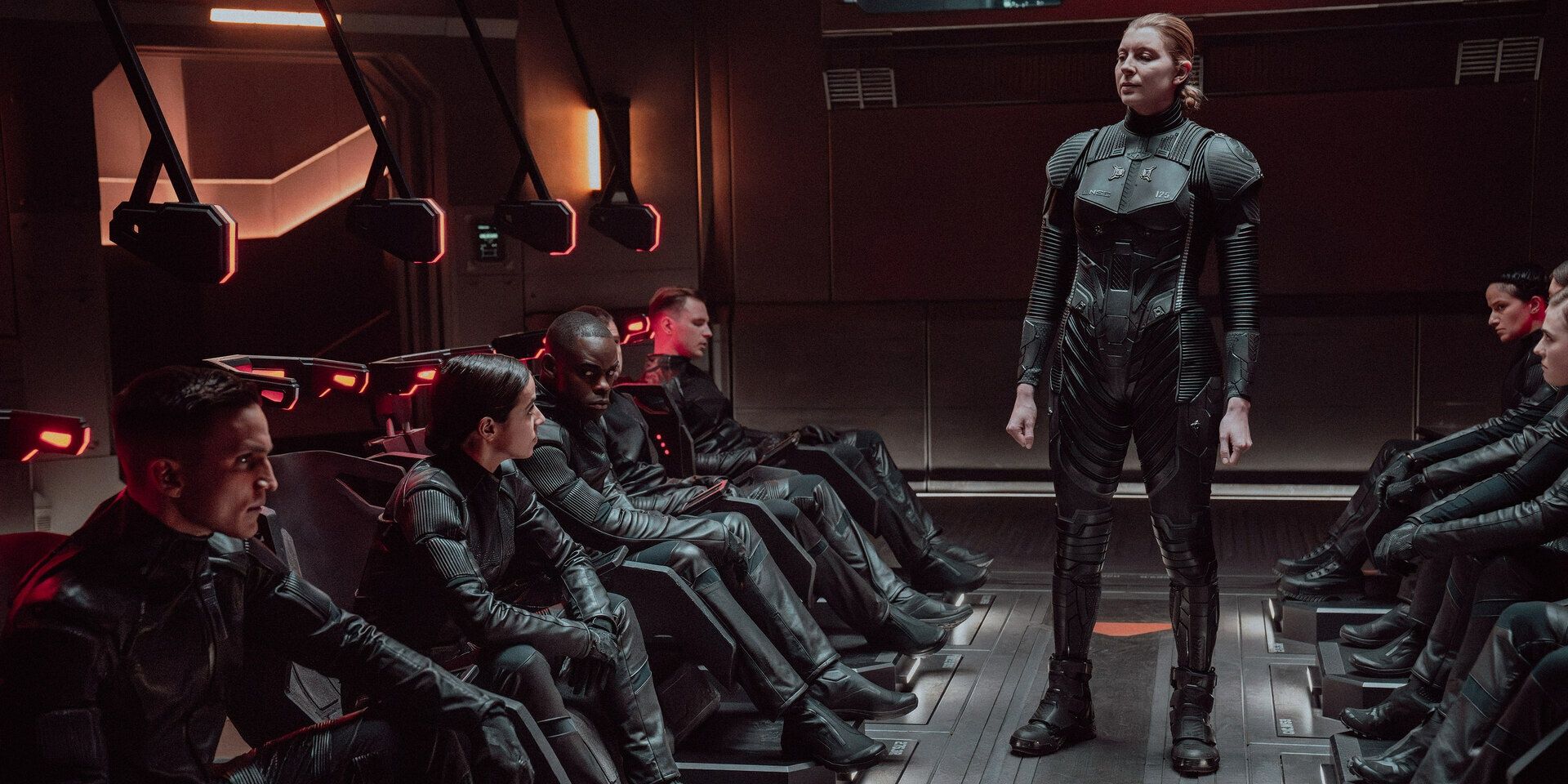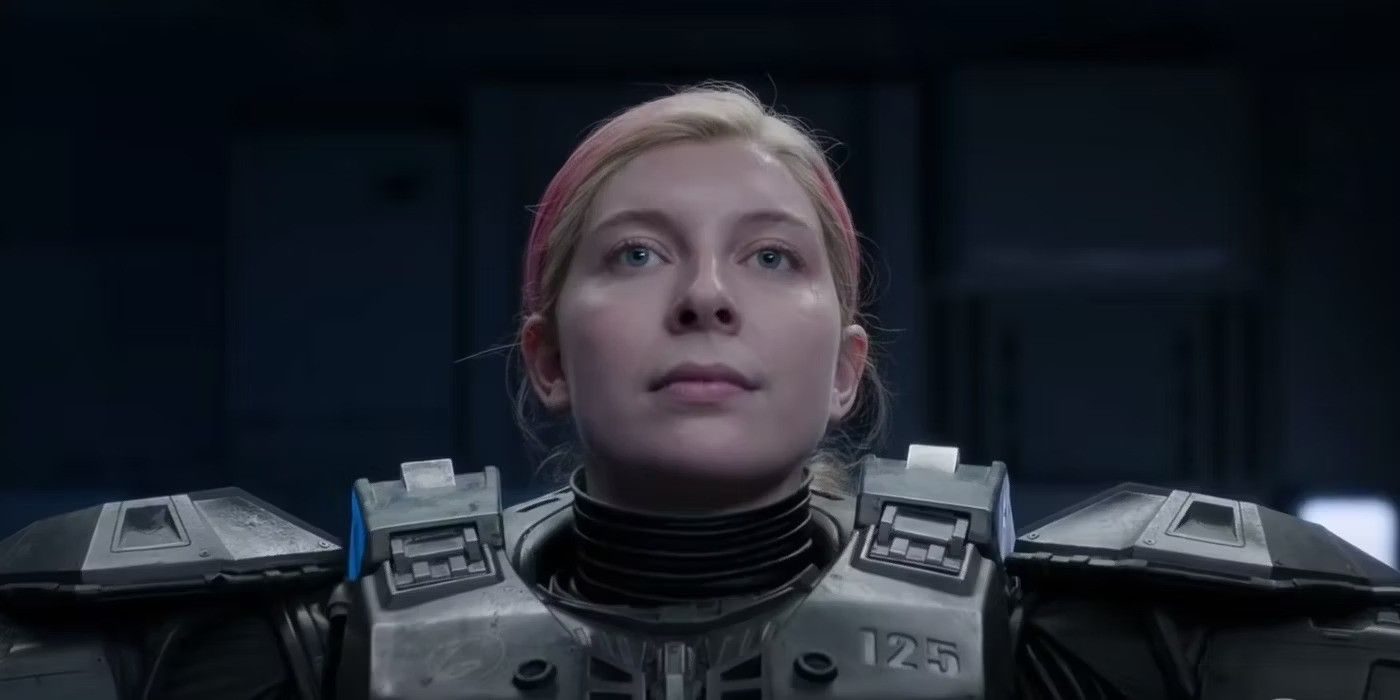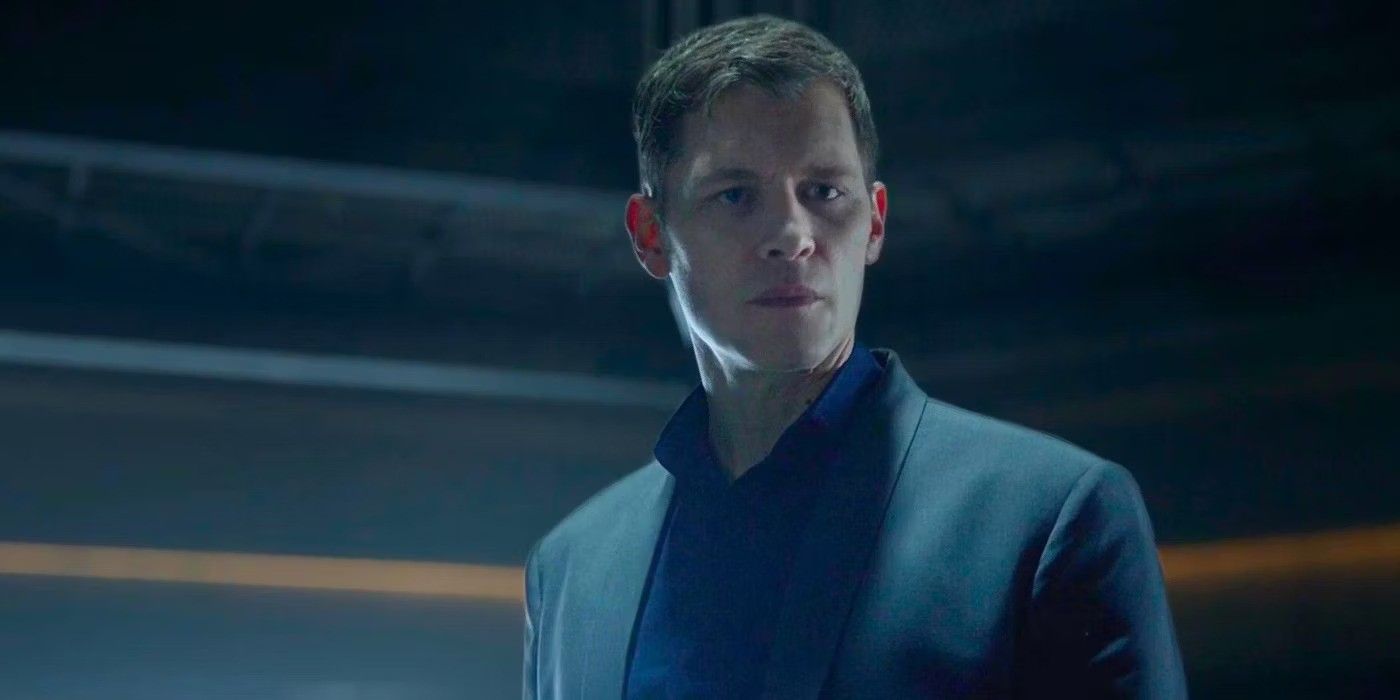Halo has, unfortunately, telegraphed its final moments with very little room for surprises. Predictability is far from a cardinal sin, especially in an adaptation of an iconic franchise, but it does rob some elements of impact. Halo pushed a central conflict between John-117 and his Master Chief persona for most of the season. "Onyx" features the first of several likely payoffs, but its weakness will spell disaster for the rest of the series.
"Onyx" is the first Halo episode written by Sarah McCarron. McCarron's early credits involve acting in projects like Cover and Neighbor in the late 2000s. She wrote two episodes of Made for Love before nailing down her most notable project. McCarron wrote on all ten episodes of HBO's Station Eleven, a jaw-dropping post-apocalyptic drama nominated for seven Primetime Emmy Awards. Her deft hand at writing textured, moving characters feels almost hilariously out of place in Halo.
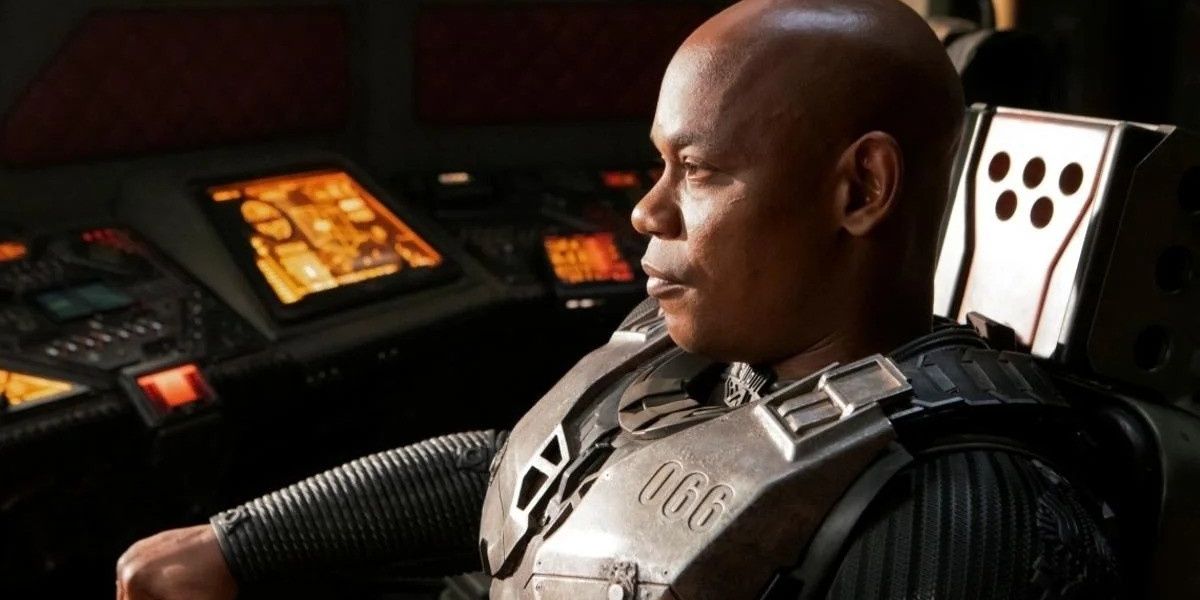
Halo: Who is Soren-066?
Soren comes from the Halo novels, but his presence in the ongoing TV show changes the details of his story.
Halo season two didn't set its ambitions too high. It's not absurd to ask the series to develop the Master Chief as a character, even if the games have ignored that task for over 20 years. The first season took an easy route by inventing an emotional regulator he could surgically remove, allowing him to change drastically over a five-minute montage. Season two wants its central narrative thread to be the uneasy relationship between John and the Master Chief, which grants the character an internal struggle and the show a theme. "Onyx" sees John invade the forward operating base on Reach to avenge himself upon James Ackerson and the rest of ONI. He breezes through a dozen soldiers before encountering Kai-125. Kai is the dark mirror of John's quest for individuality. Their struggle works better out of context because the previous episodes failed to earn the catharsis outright. Still, this is a better dramatic turn than most.
Kai and John's fight scene represents the moral peak of Halo's narrative. It isn't a compelling brawl. It's a classic example of violence as a stand-in for an internal duel. John allows Kai to destroy him, explaining in detail that he understands her quandary. Kai took over the symbol John used to occupy, making her a critical asset to the UNSC. She's overseeing the new Spartan III program, which borders on dark comedy. Where the Spartan IIs were small teams of elite super soldiers, Spartan IIIs are mass-produced grunts designed to overwhelm the Covenant hordes. The UNSC has succumbed to the "throw bodies at the problem" strategy to handle the oncoming war. Kai sees the problems, but her mindless devotion to her orders pushes her forward. She comes across as less intelligent than usual, but her battle of wills with John makes sense.
Soren doesn't get much time in this episode. Catherine Halsey and Kwan Ha take a few minutes to dig into the young renegade's spiritual awakening, but little comes of it. The primary subplot in "Onyx" is James Ackerson and Margaret Parangosky debating the moral justifications of their new military strategy. Ackerson has been an unquestioned antagonist for most of the series. His intentions were vague, but he sacrificed half of Reach to avoid "creating a panic." He's less of a character and more of a pile of villainous tropes. Parangosky strolls back onto the evil team to offer him a few moments of nuance that don't fit his character in any meaningful sense. It's clear what they're going for, but the debate lacks teeth.
"Onyx" represents some unfortunate warning signs for the rest of this series. With only two episodes in Halo season two, the epic conclusion is rocketing toward viewers with no suitable runway. They have to revisit the Master Chief's internal struggle, the weaknesses of the new UNSC strategy, and the mounting threat of the Halo ring. It's all laid out, but every ostensible peak falls at the first hurdle. The emotional moments feel unearned, and the action scenes mean nothing. It's a sad state of affairs that can only suffer under added weight. When it's all said and done, Halo will be a disappointing roller coaster tossing aside decent ideas in favor of fanservice, cheap action schlock, and broken promises of narrative intrigue.
Halo season two could have been a substantial improvement over its predecessor. Episodes like "Onyx" are double-edged swords, demonstrating promise and the weaknesses behind them. The most engaging moments still fall well beneath the standards set by other science fiction shows. In a world with endless competition, the Halo show needs more than its brand name to stand out. It found basic storytelling legs in its first few episodes, but later outings have demonstrated constant downfalls. With only two hours to save itself, Halo threatens to jump into a fight it can't win. It'll finish the fight, but at what cost?
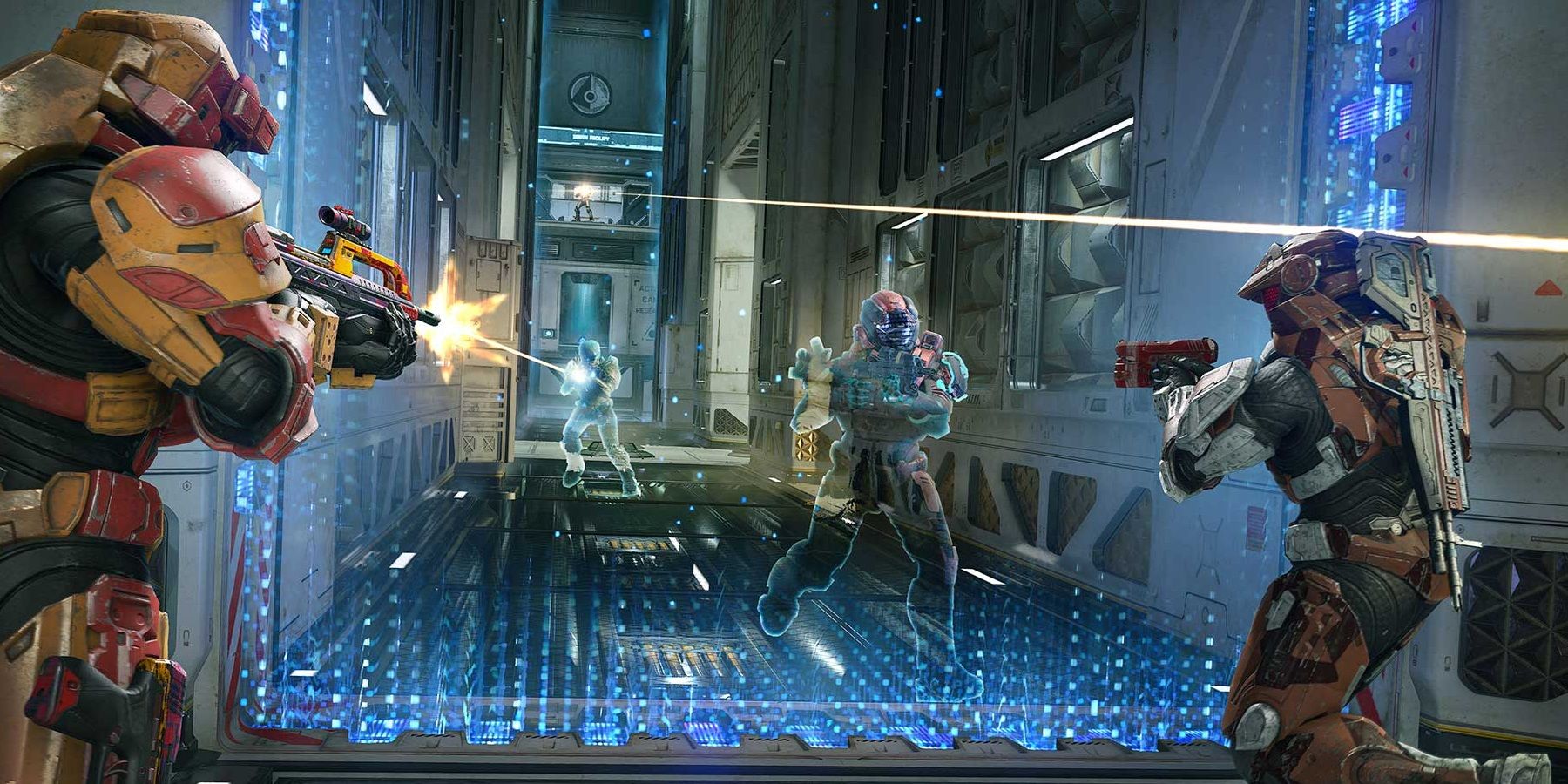
Halo Infinite Adds New Content Inspired by TV Series
Halo Infinite adds two new items inspired by Paramount's Halo TV show and confirms that additional items are coming in the future.

